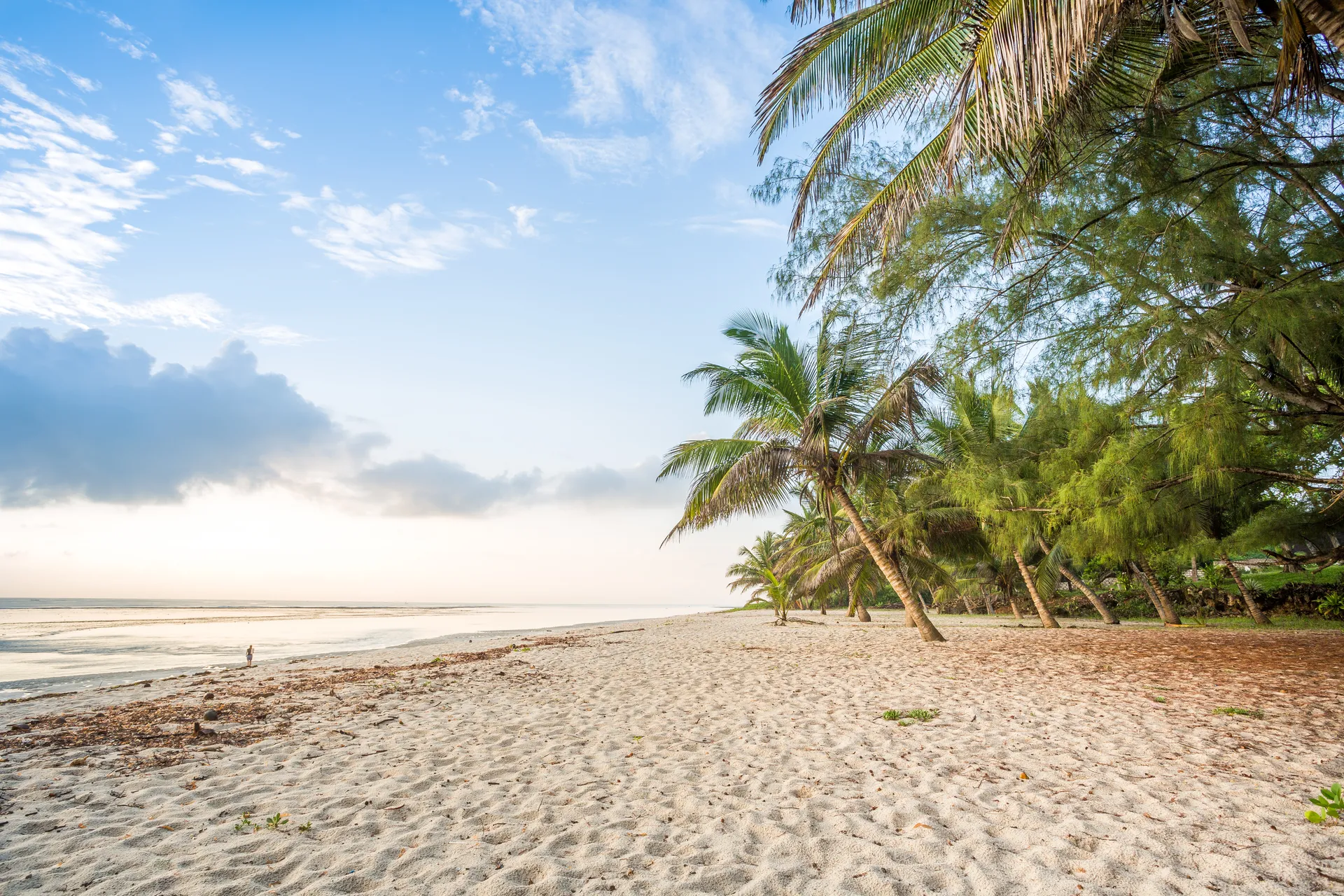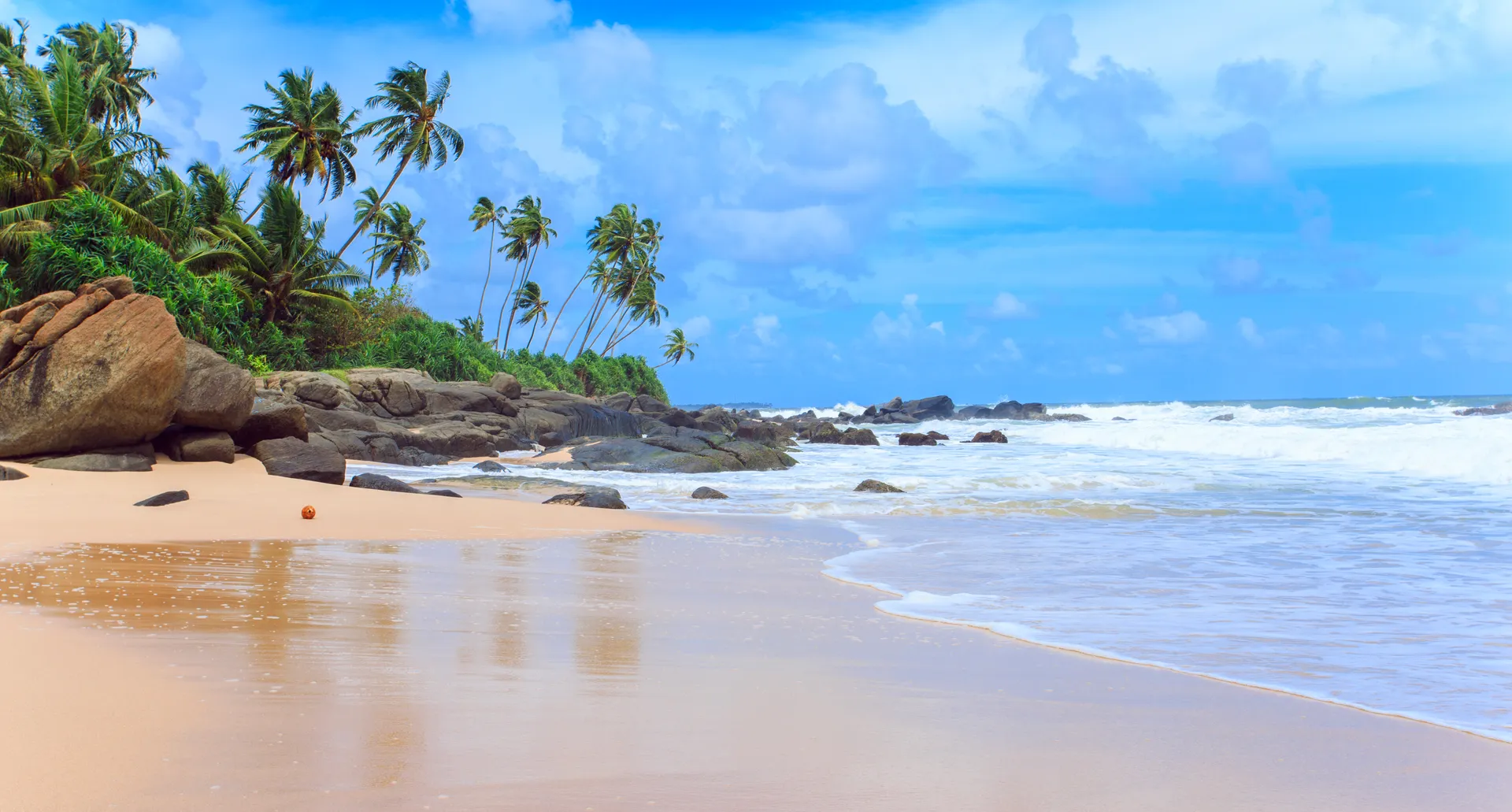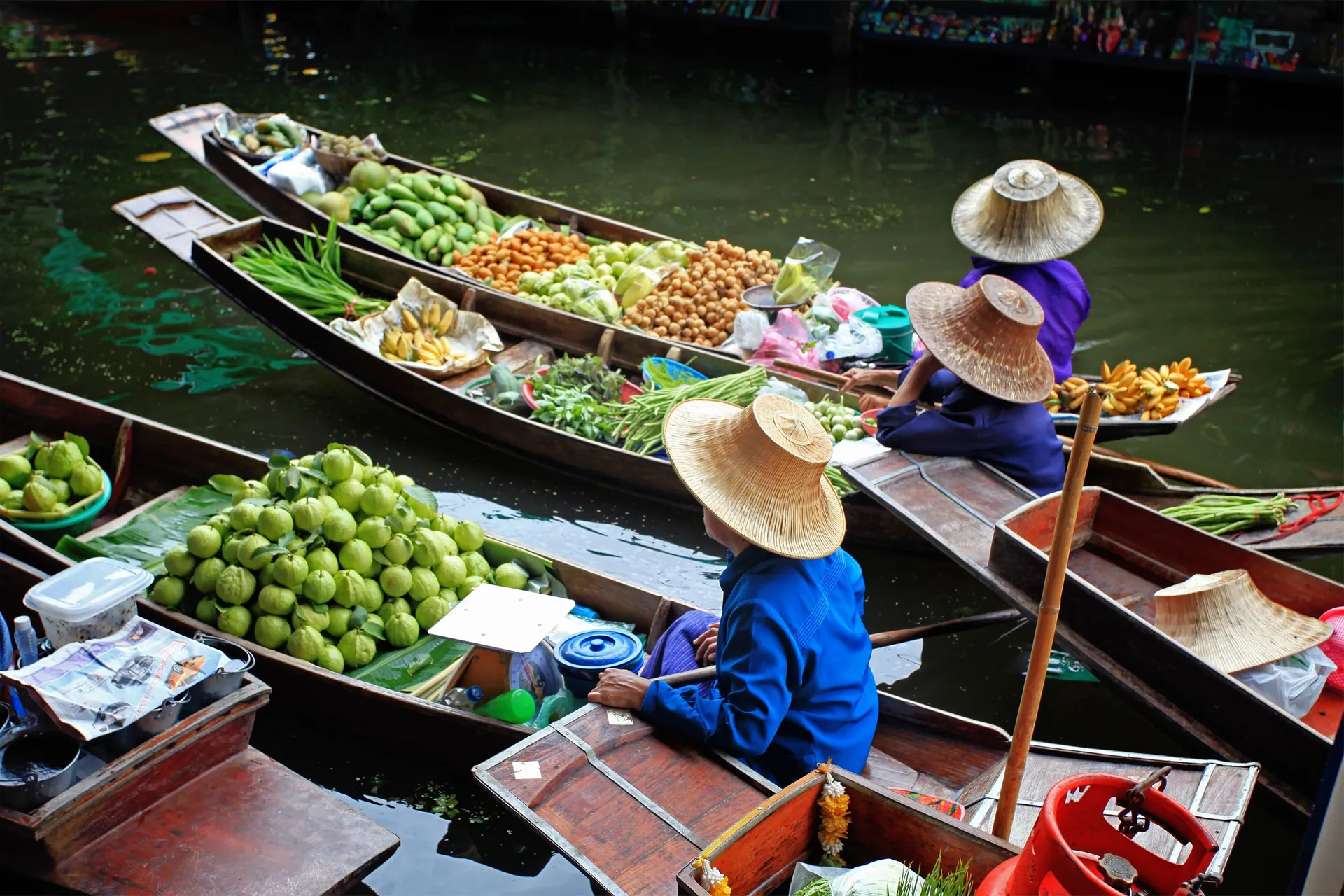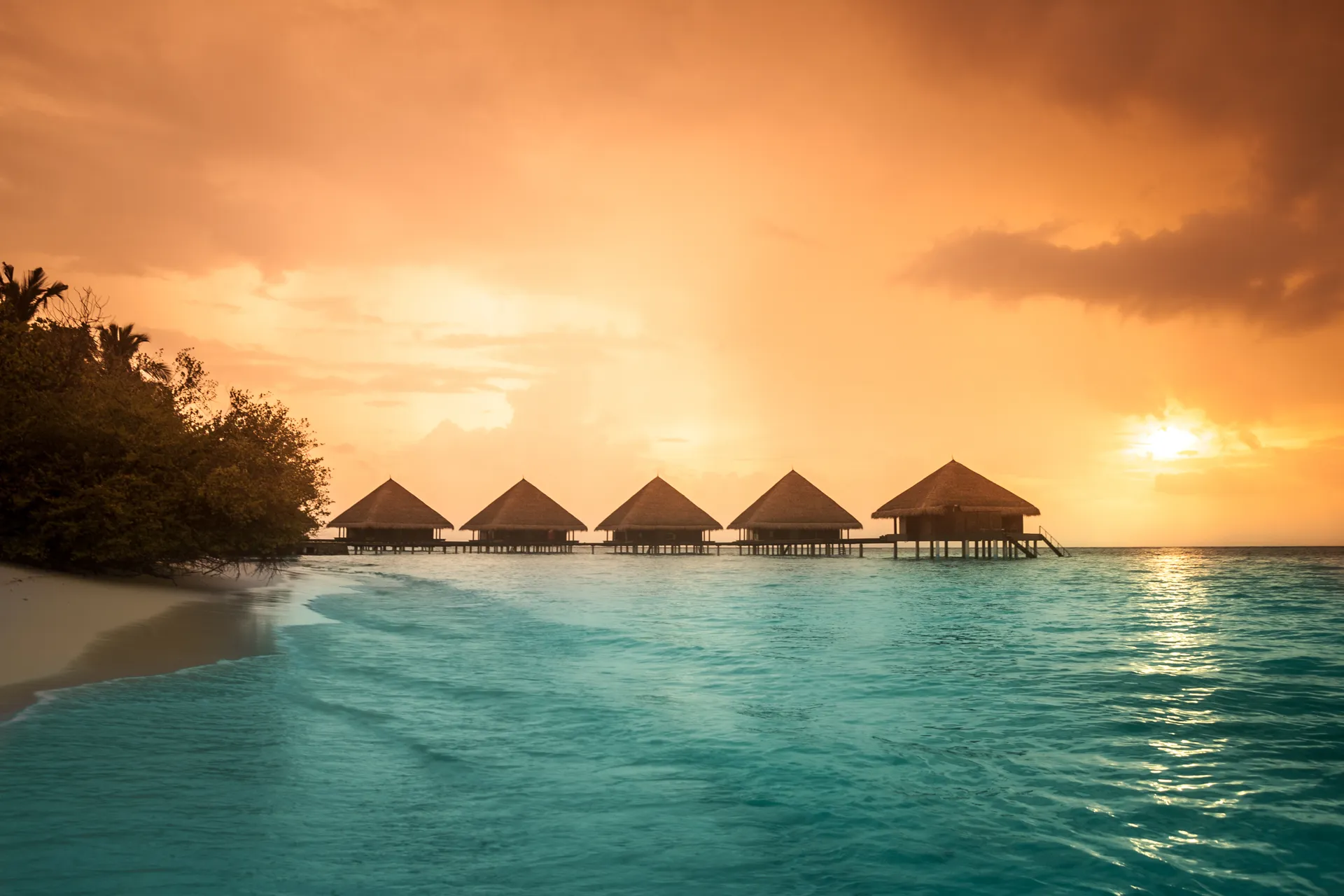
Embark on an unforgettable adventure in Kenya, starting with an exhilarating safari experience before moving on to the soft white sands and mesmerising coral reefs along the picture-perfect coastlines. You can choose to visit the world-famous Maasai Mara, where awe-inspiring wildebeest migrations can be witnessed, and where you’ll encounter lions, elephants, and other magnificent forms of wildlife in their natural habitat. Alternatively, you can head to Amboseli where the mighty Mount Kilimanjaro stands over the golden savannas. And after your adrenaline-fuelled safari is over, you’ll be taken for a relaxing beach stay, providing the perfect balance of adventure and relaxation for your African adventure.

Your multi-centre holiday to Kenya is just a phone call away
Call our Travel Specialists today on 01732 809 181
Start planning your next adventure: View Kenya multi-centre holidays
Your Kenya Questions Answered
Find out more about visiting Kenya with the answers to these frequently asked questions.
We're here to help
Kenyan cuisine features staples like nyama choma (grilled meat), ugali (maize porridge), and sukuma wiki (stir-fried greens). With influences from Indian and Swahili cooking, there’s a variety of flavours to suit every taste.
It is generally safe to eat food in Kenya, especially at reputable restaurants and hotels. As with any destination, it’s a good idea to stick to fresh, well-cooked food and drink bottled water.
Yes, travel insurance is highly recommended. It provides coverage for medical emergencies, trip cancellations, and lost luggage, ensuring peace of mind during your travels.
Kenya’s must-see attractions combine wildlife and beach adventures. The Maasai Mara National Reserve offers unmatched wildlife viewing, while Amboseli National Park has spectacular views of Mount Kilimanjaro.
For a beach escape, Mombasa and Diani Beach provide beautiful coastal settings with activities like snorkelling, diving, and dolphin spotting. From these coastal hubs, visitors can also explore Nairobi’s national park, the Great Rift Valley lakes, and nearby cultural sites for a well-rounded holiday experience blending relaxation with adventure.
In Kenya, greetings are important, and it’s polite to shake hands. Dress modestly, especially in rural areas, and always ask for permission before taking photos of people. It’s also customary to show respect for local customs and elders.
Pack lightweight, breathable clothing for the day, as well as warmer layers for the evenings. Don't forget beachwear if visiting Kenya's stunning coast. Neutral colors are recommended for any safari activities with a wide-brimmed hat, sunscreen, insect repellent, and comfortable walking shoes.
The best times to visit Kenya are during the dry seasons, from January to March and June to October. These months are ideal for safaris and wildlife viewing, especially the Great Migration in the Maasai Mara from July to September.
Kenya is generally safe for tourists, particularly in popular areas like Nairobi, Mombasa, and national parks. Standard travel precautions are advised, such as avoiding isolated areas at night and keeping valuables secure.
Kenya has two official languages: English and Swahili. English is widely spoken in tourist areas, and learning a few Swahili phrases, like "jambo" (hello), can be a great way to connect with locals.
The currency used in Kenya is the Kenyan Shilling (KES). Credit cards are widely accepted in major cities and tourist areas, but carrying cash is advisable for smaller towns and markets.
Other Multi Centre Destinations
We use cookies to optimise site functionality and give you the best possible experience. Clicking accept will also allow us to personalise your advertising using marketing cookies. You can find out more about our use of cookies.




